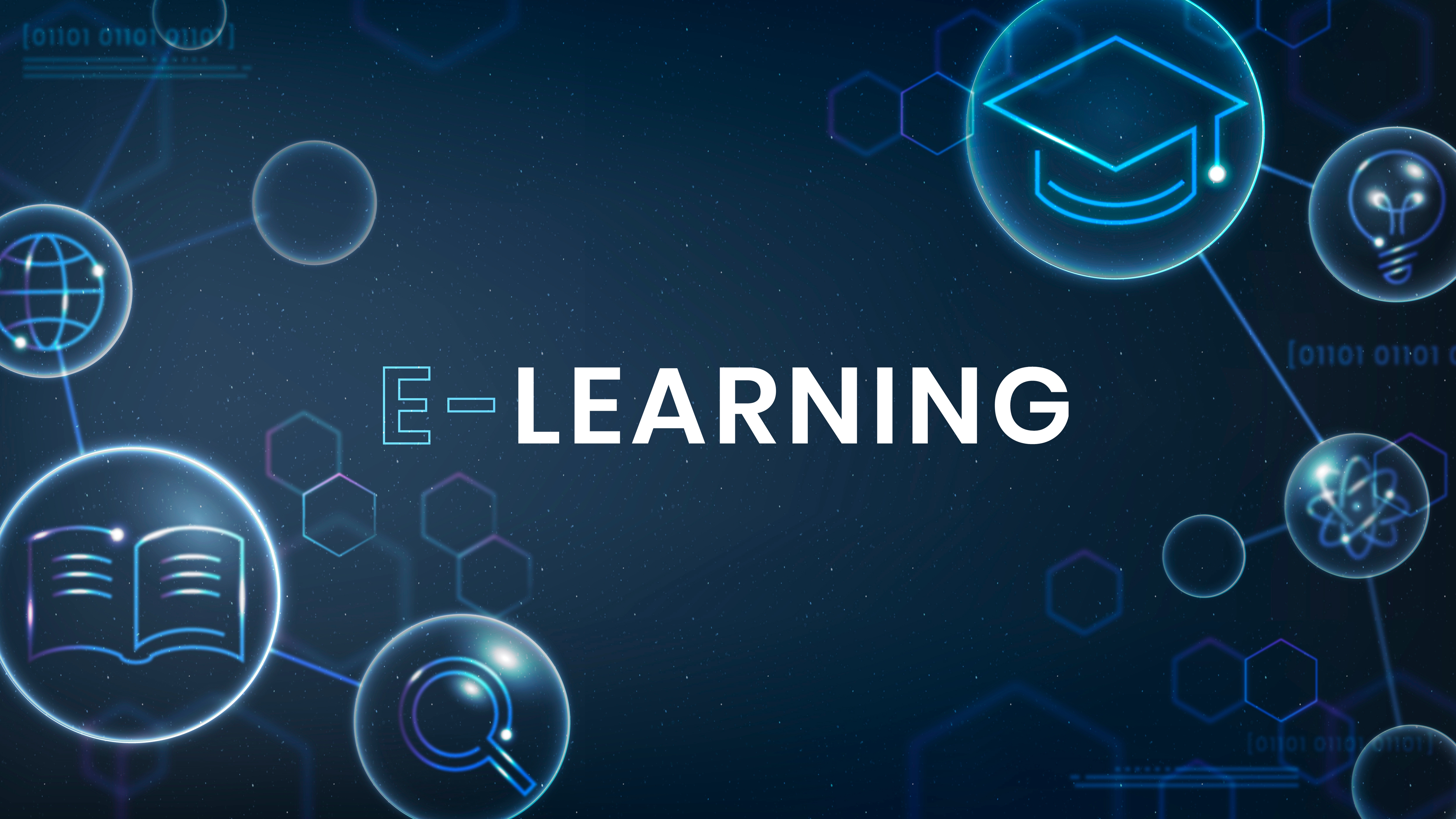In today’s rapidly evolving world, the importance of continuous professional development (CPD) cannot be overstated. The digital era has ushered in unprecedented changes in how professionals acquire new skills and knowledge, making eLearning an indispensable tool for lifelong learning. This blog explores the transformative impact of eLearning on CPD, highlighting its benefits, challenges, and future potential.
The Evolution of Lifelong Learning
Lifelong learning is the ongoing, voluntary pursuit of knowledge for personal or professional reasons. It enhances social inclusion, active citizenship, and personal development, as well as self-sustainability and competitiveness. In the past, lifelong learning often meant attending workshops, seminars, or evening classes. However, the digital revolution has expanded the horizons of learning, making it more accessible, flexible, and tailored to individual needs.
The Rise of eLearning
eLearning, or electronic learning, encompasses a wide range of educational technologies, from online courses and webinars to virtual classrooms and interactive simulations. It allows professionals to learn at their own pace, anytime and anywhere, breaking down geographical and temporal barriers. This flexibility is particularly valuable in today’s fast-paced world, where balancing work, family, and personal growth can be challenging.
Benefits of eLearning for CPD
- Accessibility and Convenience: eLearning platforms are accessible from anywhere with an internet connection, making it easier for professionals to fit learning into their busy schedules. Whether you are commuting, on a lunch break, or at home, you can access courses and materials with just a few clicks.
- Cost-Effectiveness: Traditional learning methods often come with high costs, including travel, accommodation, and materials. eLearning significantly reduces these expenses, making professional development more affordable.
- Personalized Learning: eLearning platforms often use adaptive learning technologies to tailor content to individual needs and learning styles. This personalized approach enhances the learning experience and helps professionals achieve their goals more effectively.
- Wide Range of Resources: From video lectures and interactive simulations to e-books and discussion forums, eLearning platforms offer a diverse array of resources. This variety caters to different learning preferences and keeps the learning experience engaging.
- Up-to-Date Content: The digital nature of eLearning allows for the rapid updating of content. This ensures that learners have access to the most current information and trends in their field.
Challenges of eLearning
While eLearning offers numerous benefits, it also presents challenges that need to be addressed:
- Self-Motivation and Discipline: The flexibility of eLearning requires a high degree of self-motivation and discipline. Without a structured classroom environment, some learners may struggle to stay on track.
- Technology Barriers: Not all professionals have access to the necessary technology or a reliable internet connection. Bridging this digital divide is crucial to ensuring equitable access to eLearning opportunities.
- Quality Assurance: The proliferation of online courses has led to concerns about the quality and credibility of some offerings. It is important for professionals to choose accredited and reputable eLearning providers.
- Social Interaction: Traditional learning environments offer opportunities for networking and collaboration. eLearning can sometimes feel isolating, although advancements in virtual classrooms and social learning platforms are mitigating this issue.
Future Trends in eLearning for CPD
The future of eLearning for CPD is bright, with several exciting trends on the horizon:
- Artificial Intelligence and Machine Learning: AI and machine learning will further personalize the learning experience, providing tailored recommendations and adaptive learning paths based on individual performance and preferences.
- Virtual and Augmented Reality: VR and AR technologies will create immersive learning environments, allowing professionals to practice skills and scenarios in a safe, simulated setting.
- Microlearning: Bite-sized, focused learning modules will become increasingly popular, catering to professionals looking to acquire specific skills or knowledge quickly and efficiently.
- Gamification: Incorporating game elements into eLearning can enhance engagement and motivation, making the learning process more enjoyable and effective.
- Social Learning Platforms: Platforms that facilitate collaboration, discussion, and networking will continue to evolve, bridging the gap between traditional and digital learning environments.
Conclusion
eLearning has revolutionized continuous professional development, making lifelong learning more accessible, flexible, and effective. As technology continues to advance, the opportunities for professionals to enhance their skills and knowledge will only grow. Embracing eLearning is not just about staying current in one’s field; it is about fostering a mindset of continuous growth and adaptability in the digital era. By overcoming challenges and leveraging emerging trends, eLearning can empower professionals to thrive in an ever-changing world.

